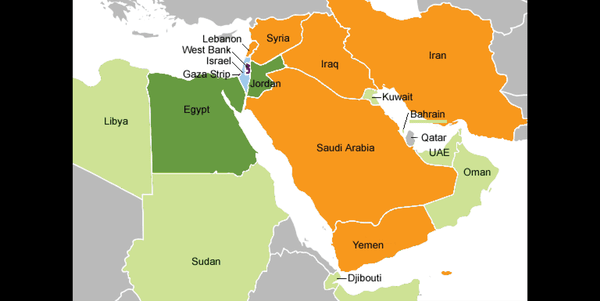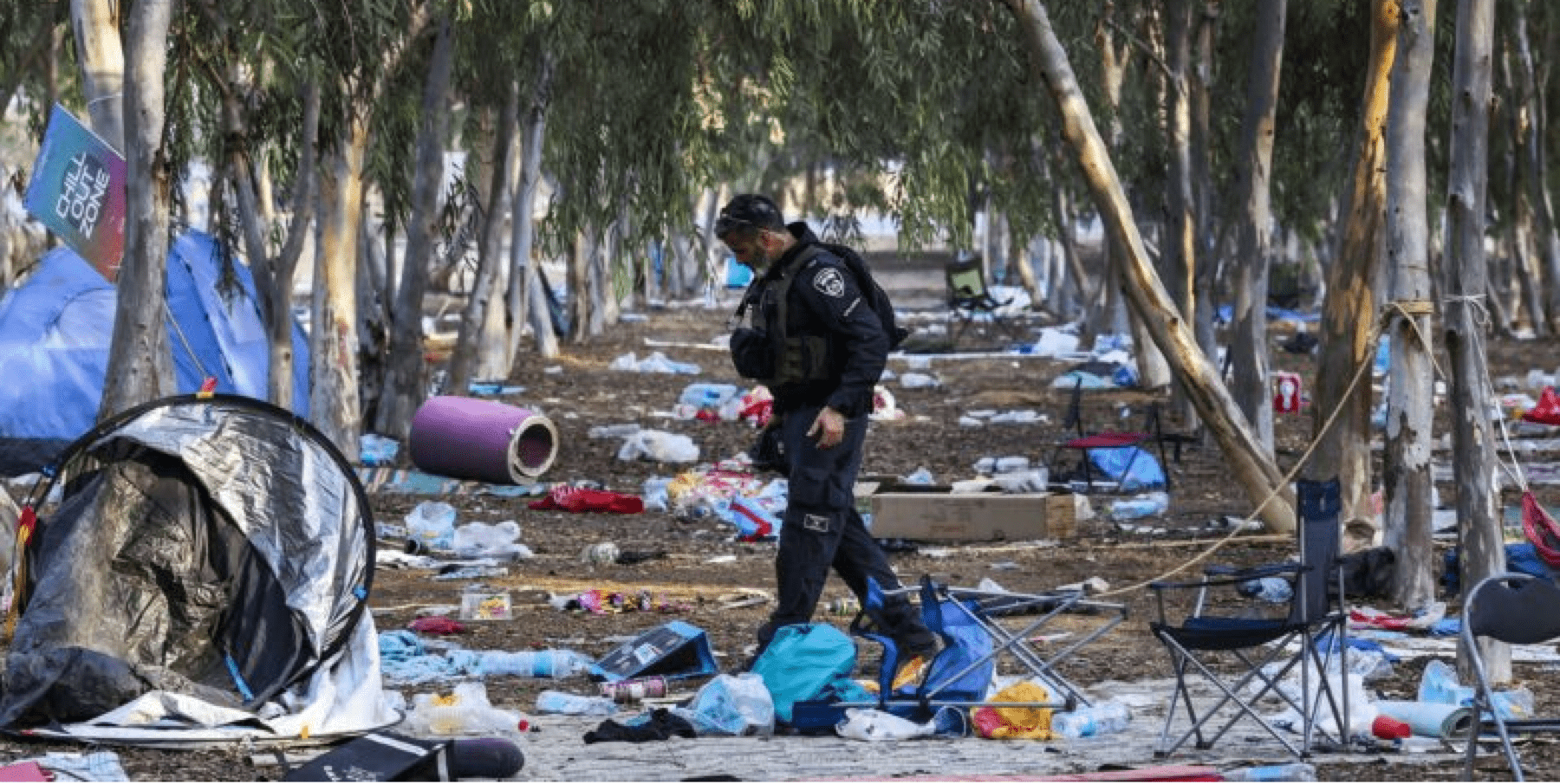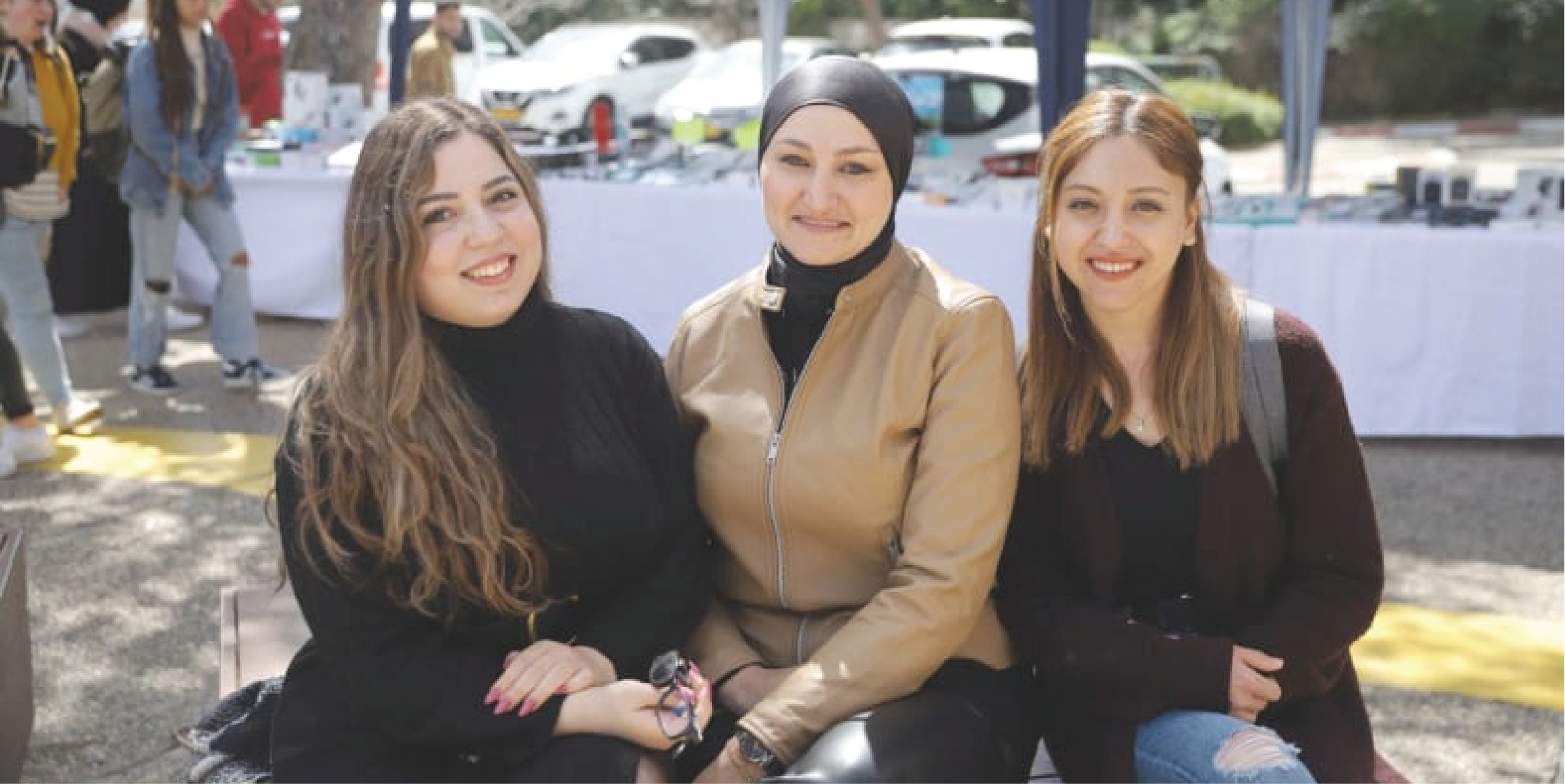‘Israel no longer weak state seeking peace at any price’
July 13, 2016Israel is on the brink of a new modus operandi in foreign policy, one which will include more assertive Israeli behavior, as well as closer ties with regional powers like Egypt and Turkey.
That is the conclusion drawn by Dr. Efraim Arera, a leading Israeli scholar of Islam and the Middle East, who suggests Prime Minister Binyamin Netanyahu’s recent trip to Africa – conspiciously coinciding with a rare visit to Israel by Egypt’s Foreign Minister – hint at a broad shift in Israeli policy.
“The foreign policy of Israel is a new policy,” Dr. Arera told Arutz Sheva. “No more weak state seeking peace at any price, but a strong state that can deliver help to its neighbors.”
While many Israelis saw the recent reconciliation deal signed with Turkey as a major concession on Israel’s part, Dr. Arera notes it included unprecedented acceptance of Israeli interests in the region, not least of which is Turkey’s recognition of Israel’s right to maintain its military blockade of Hamas.
“The first example is Turkey. We have signed an agreement with them despite the fact that [Turkish President Tayyip] Erdogan is close to the positions of the Muslim Brotherhood. In this agreement they recognize our right to the gas [deposits] in the Mediterranean Sea, and also the security blockade on Gaza, and these are good points for Israel because they deserve Turkish interest.”
Dr. Arera then turned to Egypt, following reports of cooperation between the former rivals in the fight against the ISIS terror group, and the recent visit by Egyptian Foreign Minister, Sameh Shoukry. While there is little affection for Israel in Egypt, the country’s leadership is increasingly recognizing the benefits of cooperation with the Jewish state.
“Egypt has many problems; the first being a security problem. El-Sisi has enemies. The first is the Muslim Brotherhood, and the second is ISIS in Sinai. Israel can deliver intelligence to the regime of El-Sisi – and it does – and its very important help for El-Sisi.”
“The second point is an economic one. There are many economic problems in Egypt. Half the population is below the poverty line. Links with Israel could help on this topic.”
“The third one is the problem of water. You have the building, by Ethiopia, of a dam on the Nile. The strength of Israel in the meetings with African leaders in the last period could help Egypt to solve these very serious problems it has. So I think that the visit of Shukri in Israel was a very important one and its a success of Israeli diplomacy.”
Egypt is not alone in the Arab wold, Dr. Arera says, in its evolving view of Israel, from mortal enemy to de facto partner in the war on radical Islamic terror.
“The Arab world is divided on this [visit by Shoukry to Israel]. The countries who support the Muslim Brothers see it as a bad deal, and as a treason of Egyptian leader. But many countries in the Arab world and outside of the Arab world, are conscious that this is part of a stability factor, and they support it even if they don’t say it clearly.”
“Is something new beginning in the Middle East? I’m not so sure. You have very deep hatred towards Israel and towards the Jewish people. But these countries see now how Israel could deal with these problems and can help them in their fight against extremist Islam. And maybe on the basis of [mutual] interest our position could be strengthened and Israel will be more accepted in the Middle East.”
Similar posts
-

Israel Is Held To A Higher Standard Than Any Country
April 25, 2024In the intricate tapestry of global affairs, one nation stands out for enduring scrutiny and condem...
-

Israel Has The Most Moral Military In The World
April 10, 2024In the heart of a region often riddled with conflict, Israel stands out not only for its technologi...
-

The Resilience of the Israeli People
April 2, 2024Visitors from around the world have seen Hamas's October 7th Massacre's destruction in southern Isr...
-

Israel: Small Size, Big Impact
March 21, 2024Nestled along the eastern edge of the Mediterranean Sea, Israel is a land of immense historical sig...
-

Israelis Are Fighting For Their Lives
February 21, 2024By Jonathan S. Tobin The world looks a lot different from Kibbutz Kfar Aza than it does in the U...
-

Over 2 Million Arabs Live In Israel
January 23, 2024In the complex landscape of the Middle East, where diverse cultures and identities intersect, Israe...
-

'Fauda' Star Idan Amedi Injured Fighting in Gaza
January 8, 2024Despite the severity of his injuries, Amedi's father assured Israeli news channels that his life is...
-

Israel Is A Great Country To Live In
December 28, 2023Nestled at the crossroads of the Middle East, Israel stands as a vibrant and dynamic nation, offeri...



















